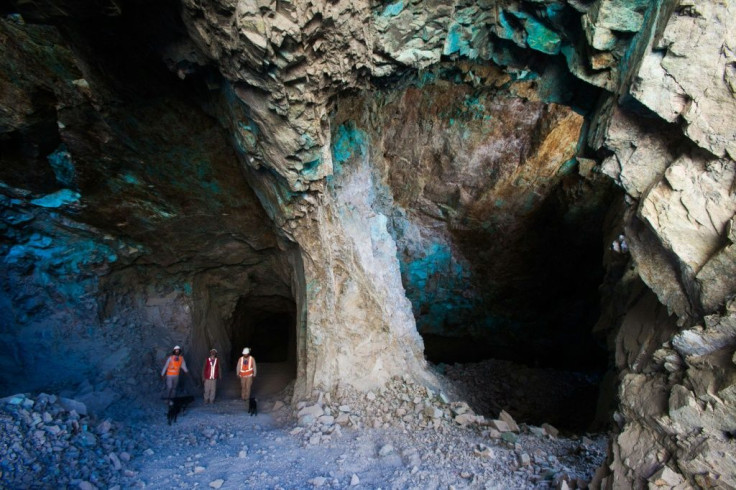Chile Lawmakers Take First Step Towards New Copper Mining Tax
Chile's lower house of parliament on Thursday approved a bill seeking to impose an extra tax on sales of copper and lithium, a move opposed by the president and industry.
Chile is the world's main producer of copper, responsible for a third of global supply.
The bill was approved by 79 votes to 47 in the Chamber of Deputies, and will now be sent to the Senate, from which it requires final approval.
It envisions a royalty of three percent on the sales of copper and lithium for the government to spend on social plans in the midst of the global coronavirus pandemic, and environmental compensation in mining areas.
The leftist proposal is opposed by the conservative government of President Sebastian Pinera, and the mining industry complains of already operating under a high tax burden.

Mining and Energy Minister Juan Carlos Llobet says the country already has a tax on mining activity, and introducing another put Chile at a disadvantage compared to its competitors.
The move comes as the price of copper reached a ten-year high last week at over $10,000 per ton.
Chile is home to the world's main copper mines, mainly in the Atacama desert where the country's richest deposits are found.
Copper is an efficient conductor of electricity and heat, used widely in systems to generate power from solar, hydro, thermal and wind sources.
Chile is also one of the world's top producers of lithium, used in electric car batteries and laptops.
© Copyright AFP {{Year}}. All rights reserved.




















